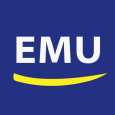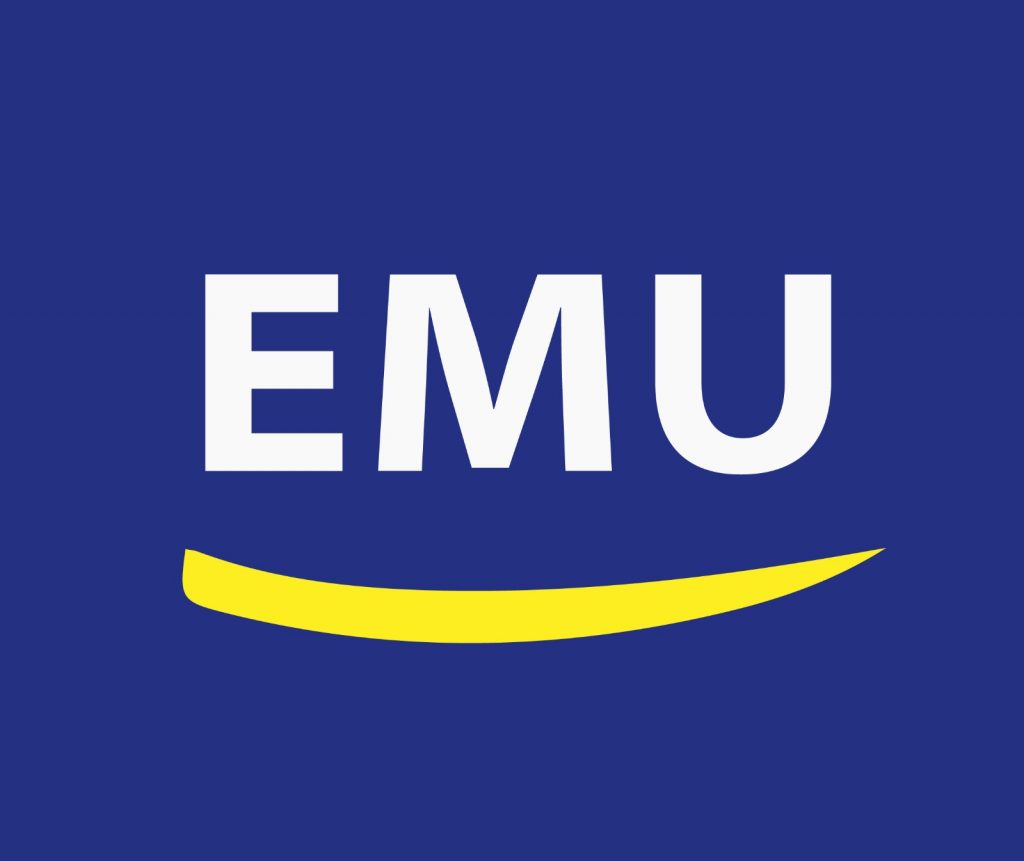A self-discovery about the place of Muslims in Europe and Germany, co-organised by EMU
(EMU) – In cooperation with Islamische Zeitung (Islamic Times, Germany’s only Muslim monthly), the European Muslim Union organised on the 21st and 22nd September 2014 a weekend seminar in the highly symbolic German town Weimar.
Sulaiman Wilms, associate editor of the magazine, highlighted in his introduction the long-standing commitment of Islamic Times to present the town and its cultural heritage to a wide Muslim audience. “Weimar is of symbolic importance for the German Muslims.“ During the two day long seminar, Wilms was able to great the magazine’s readers and representatives of Muslim communities from all over Germany.
It was especially fascinating that is was possible to win – besides EMU president Abu Bakr Rieger – the German author Feridun Zaimoglu and the historian Dr Eberhard Straub. Since the European and German debate about Muslims is mostly held inside a framework of “political discussions“ it was of foremost importance to hear as well the contribution of intellectuals, writers and historians. Naturally, the contributions by the speakers also dealt with the meaning of language and the problems of a prevalent absence of historical conscious. Without a common language, so a general notion during two sessions, there would be no equal encounter possible.
The audience was especially impressed by the contribution of Feridun Zaimoglu who descried the daily life of Muslims in Europe in an unvarnished and thought provoking way. He reminded everybody that the very creation of identity starts within the framework of the “household.” In his usual brilliance, the author presented a demanding text and proved thusly his virtuosity in the handling of language. During the following discussion, Zaimoglu critiqued a common voicelessness “which we – as Muslims – have to overcome.” Self-critism, as well as addressing directly the misconduct of Muslim, should be no taboo here.
In his part, historian Eberhard Straub reminded the audience that there was not only a long tradition of exchanges between the occident and the Muslim world. But, there was also a century-long practice of “Live and let live.” Thusly, it was then unthinkable to create an ideological goal of annihilating the other way of being. The distance of the great Islamic cilisations, according to Straub, from violent and totalitarian dominion of space, allowed for example in the Arab world the development of civilisations side by side or together. As a historian, Straub called for a certain dispassionateness in dealing with the Muslim community. “Why should there be no Islamic schools,” he asked and recalled from his own upbringing the existing denominational services by the Catholic church in Germany.
EMU president Rieger, who is also the publisher of Islamische Zeitung, broke up the rigidity of the term “identity.” “One always gains and loses new identities in being ‘on the way’.” For him, he emphatically stated, the idea of a “German Muslim” should only be understated in relation to the faculty of language. “Whoever speaks German is – if he wants to – a German” Furthermore, the engagement with the work of Goethe (Germany’s leading poet, author and thinker who worked and died in Weimar) is leading “Muslims beyond the limitations and boundaries of the nation.” For him, self-definitions like “German, Muslim, Goethean“ are contradiction but could exist in an inventive field of tension. In the core of a Muslim existence stands the simple being-a-Muslim.
In the second panel, the German author and journalist Eren Güvercin gave a résumé and involved the audience and the speakers in a following debate. The contributions of Muslim women were especially meaningful. On one hand, they reported about their experiences with discriminations of Muslims. On the other hand, they spoke as well about a new Muslim assertiveness. The audience understood its presence in Weimar as a counterpoint to the current linking of Islam to violence and terror. The first day ended with a common meal and the occasion for further encounters.
On the second day, participants got the chance to learn about the many interesting sides of Weimar. His guided tour, said Sulaiman Wilms, was not about the romanticisation or monopolisation of the Weimars classical heritage. He spoke also about the visible break of the Citys’ tradition when it came into contact with the ideologies of modernity. Weimar’s market was not only part of Goethes walk but also the location where racist Nazi columns marched under the balconies of the famed Hotel Elephant.
The inviting hosts, speakers and guests drew a fully positive conclusion from the event. The weekend symposium was indeed one of many, the EMU organised in the past years dealing with core issues of the Muslim existence and reality in Europe. One important issue for EMU is the cognition that Islam and Europe are not contradictory as has been previously often imagined. Muslims can have positive and dynamic identities with no need for resentment towards their respective European homelands.




